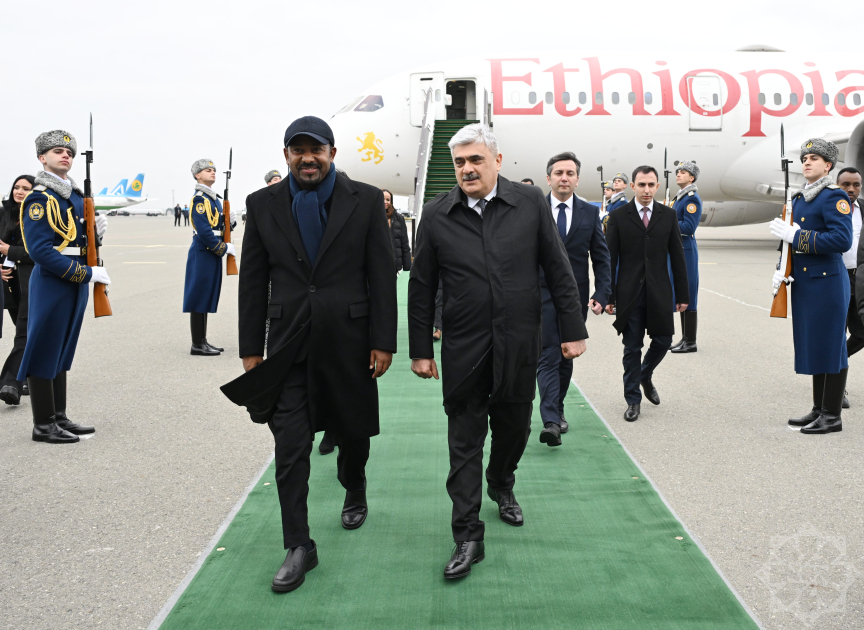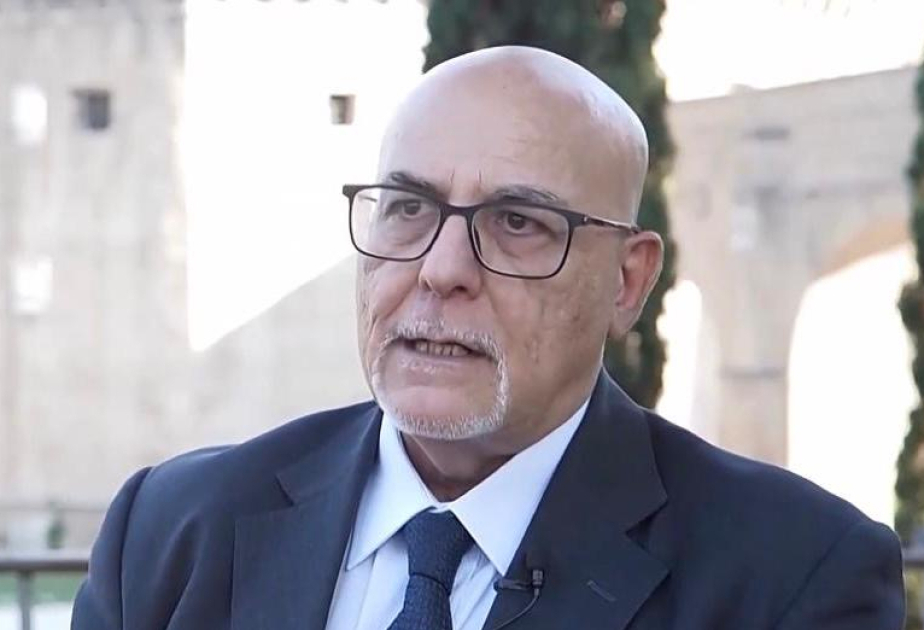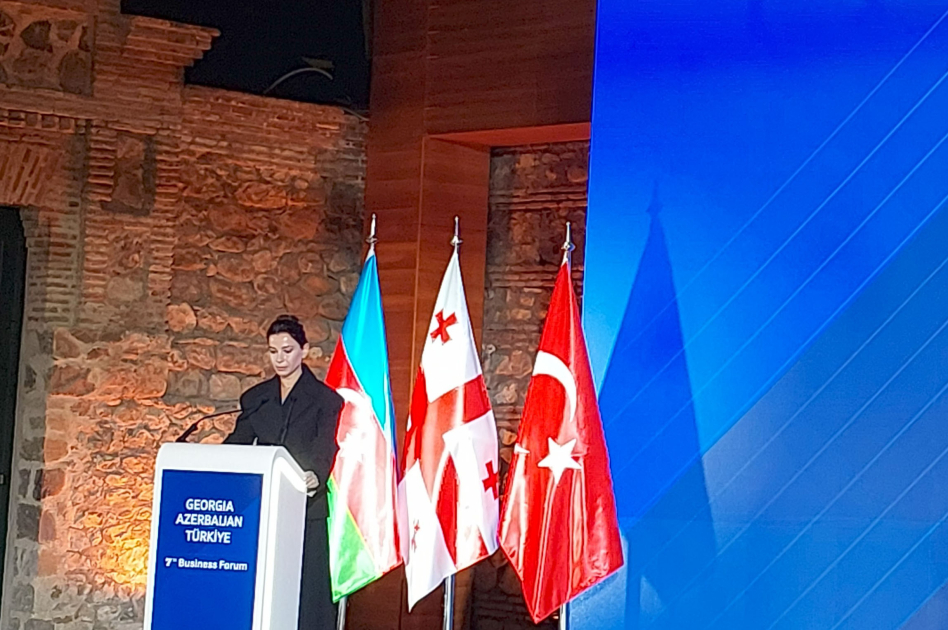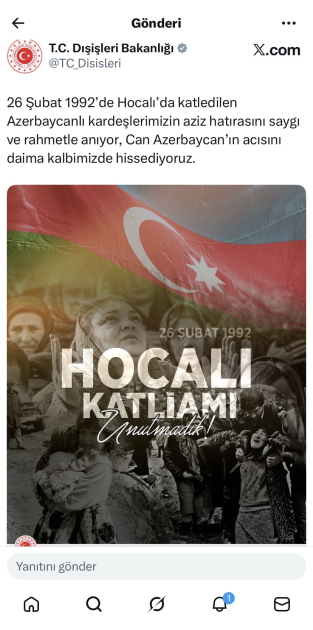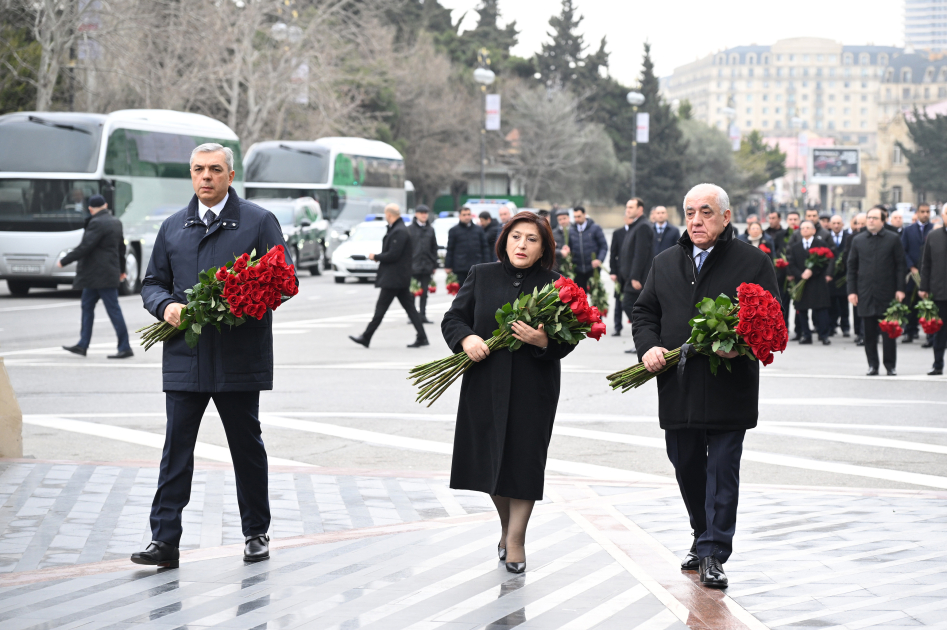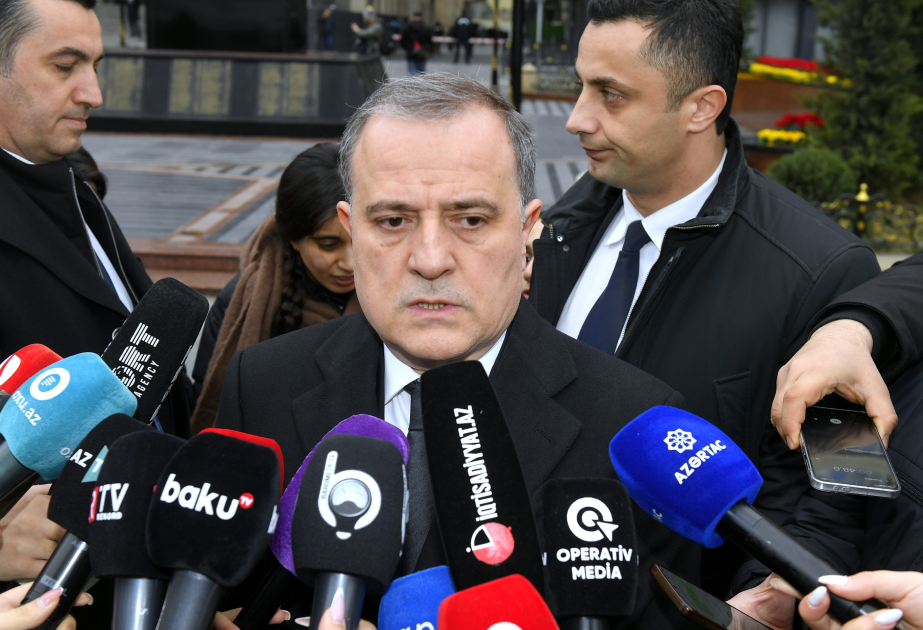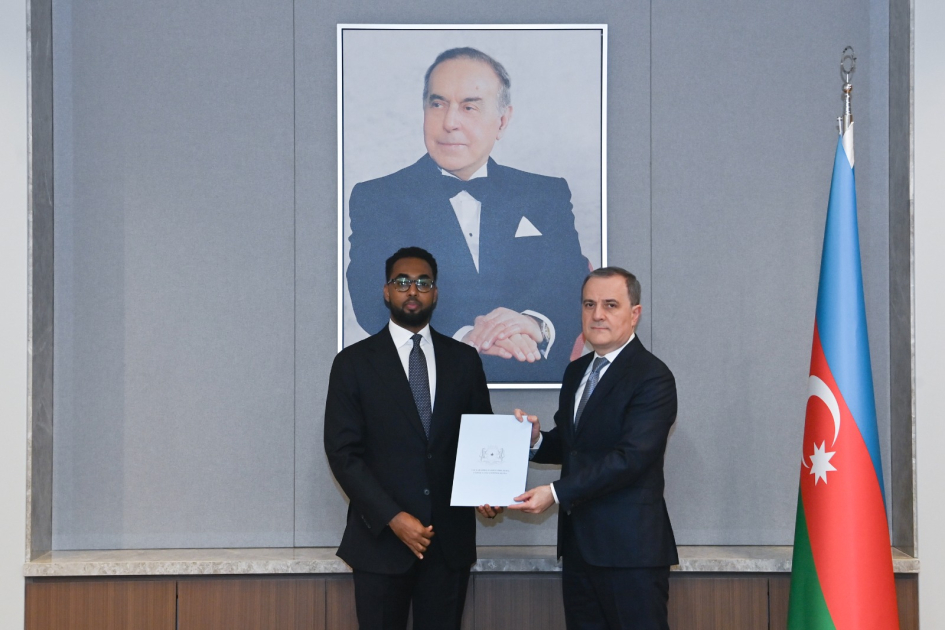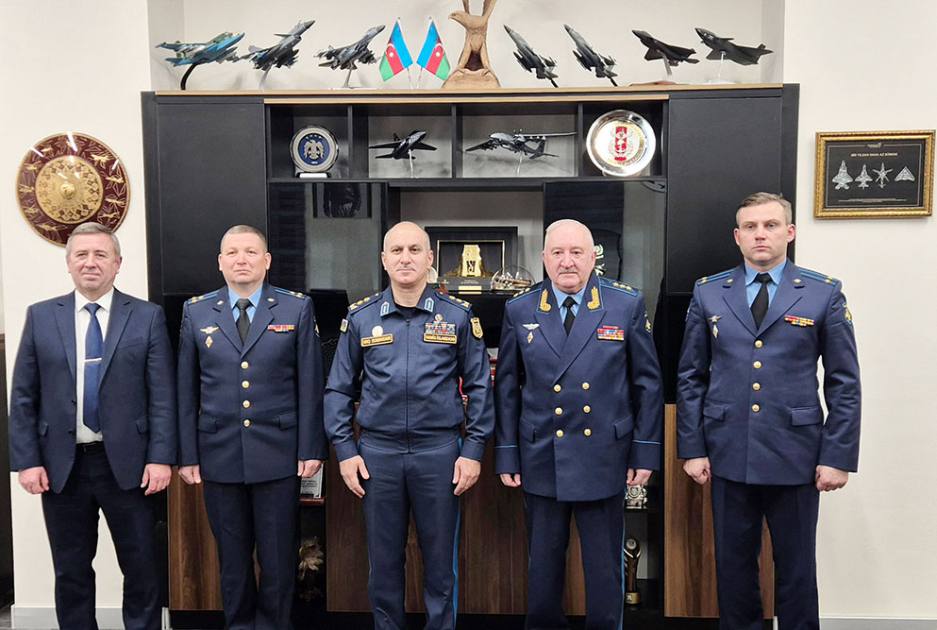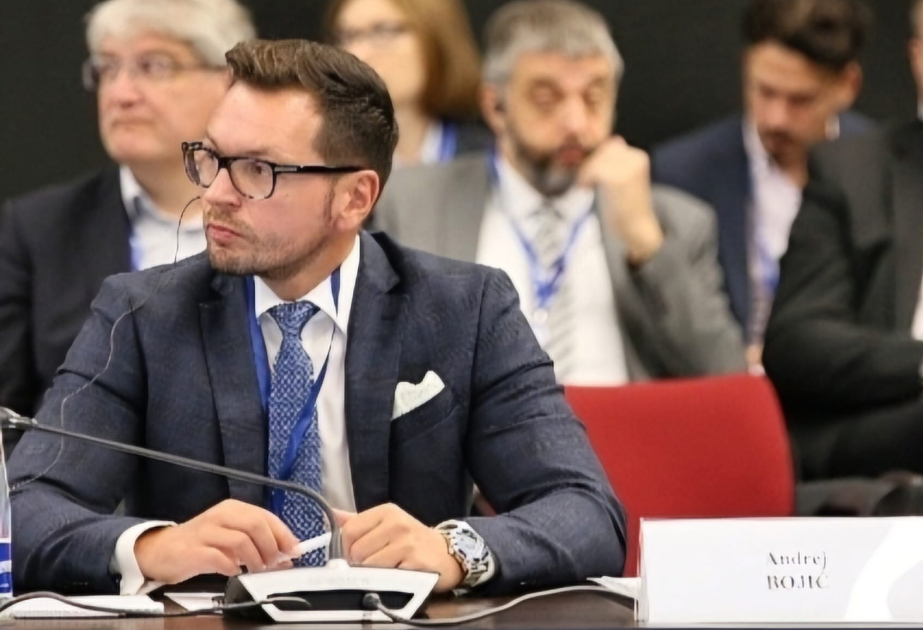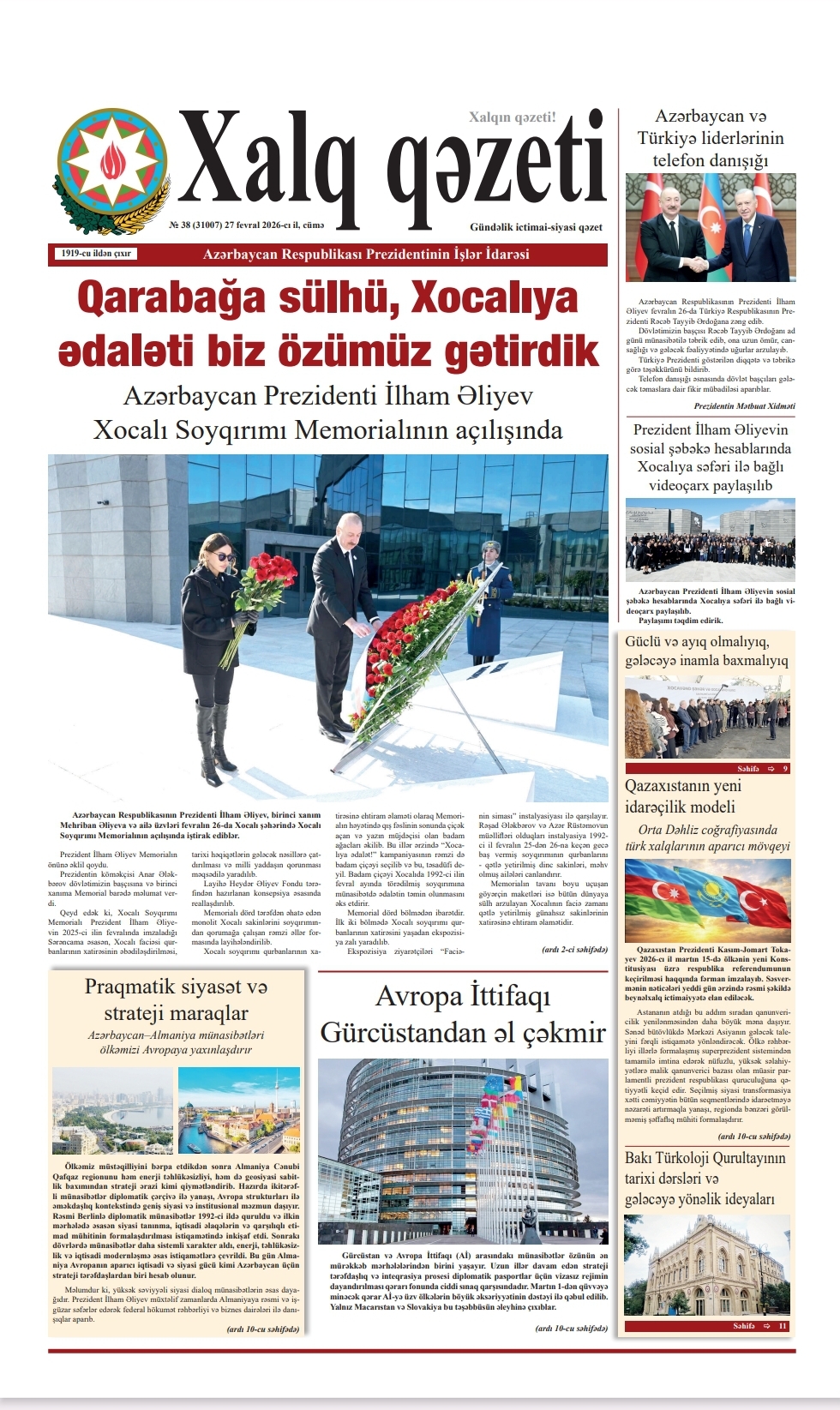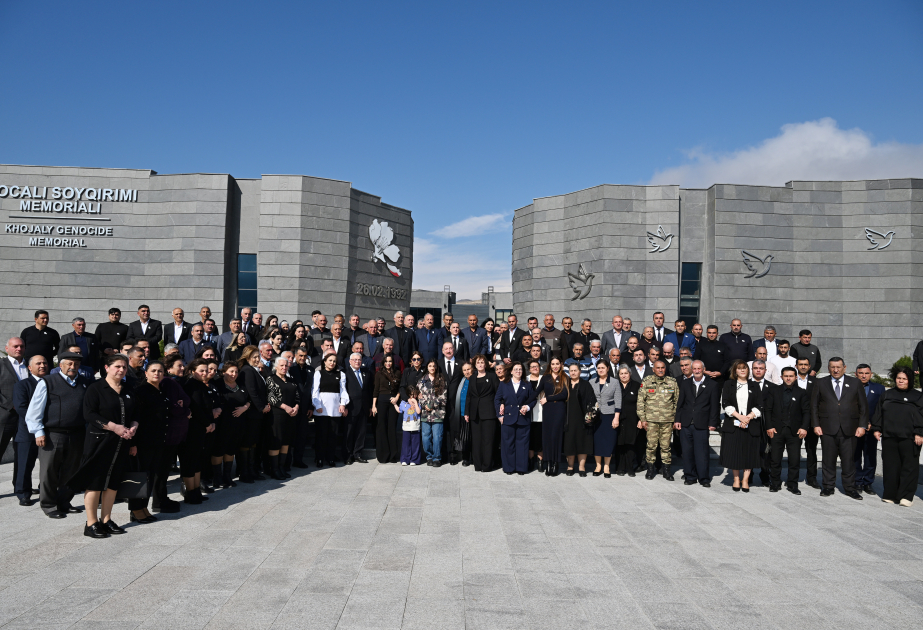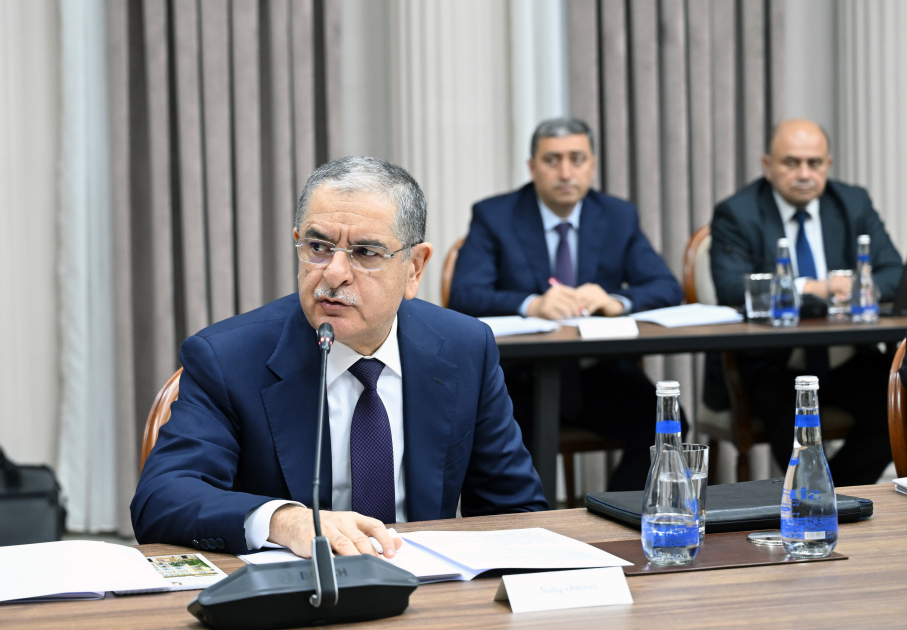Azerbaijan-Armenia relations and typical points of normalization
The next meeting between the Ministers of Foreign Affairs of Azerbaijan and Armenia, Jeyhun Bayramov and Ararat Mirzoyan, is planned to be held in Washington in January 2024. The information was spread with reference to Edmun Marukyan, Ambassador of Armenia on special tasks. We will bring to your attention what else Marukyan said on the country's Public Television. First of all, let's say that the information given by him determines that the final peace agreement will not be signed in 2023, which is coming to an end. However, there were high hopes that the process would be realized.
E. Marukyan said that the peace treaty between Armenia and Azerbaijan is not yet ready to be signed, there is no final draft, but the text of the treaty can be agreed upon at the meeting of foreign ministers expected in January. Evaluating the handover of 32 prisoners of war to his country as an important step on the way to the Baku-Iravan peace agreement, the most interesting point made by the ambassador is that he emphasized that the conditions reflected in the tripartite statement dated November 10, 2020 have already lost their credibility. Although it is not clear why Marukyan came to this conclusion, it is clear that the statement was calculated to keep Russia away from the mediation mission. However, there is another aspect that the ambassador paid attention to: "There is a wrong impression that if the negotiations are taking place in the USA, Brussels or Moscow, then they are a guarantee. This is not so. The guarantee mechanism should be documented, and if there is a dispute between the parties, all conditions should be found in it."
Apparently, E. Marukyan is trying to complicate the situation, perhaps without realizing it. If the United States, the European Union and Russia are not the guarantors of peace, then who is the guarantor? That is, this question inevitably arises. But it is possible that Marukyan deliberately brings up the mentioned idea. Because the head of the Foreign Ministry of Armenia A. Mirzoyan confirms what he said.
A. Mirzoyan said at a press conference with Estonian Foreign Minister Markus Tsakha that the establishment of dignified peace in the South Caucasus, far from the use of force, requires the clear commitment of all neighboring countries and the strong and sincere support of international partners. Therefore, it is not clear whether the obligations of the neighboring countries are clear, and it seems that it will never be clear. As for international partners, they do not provide such strong support that Yerevan welcomes the situation sincerely. It seems that Armenia has different criteria in this regard...
Speaking of sincerity, there are other opinions voiced by A. Mirzoyan at the joint press conference with his Estonian colleague, which confirm that Armenia does not approach the peace agenda with Azerbaijan at all sincerely. Because the Armenian minister is playing the old ways again. For example, he said that his last meeting with Azerbaijan's Foreign Minister J. Bayramov took place on September 18 in New York, during the 78th session of the UN General Assembly. At the same time, he recalled the short conversation in Brussels two days before. Mirzoyan, who completely forgot about his meeting in Tehran within the framework of the "3+3" platform, pointed out that important events took place in the region after the September contact: "In September, we discussed the rights and security of the Armenians of Nagorno-Karabakh, the removal of the illegal blockade of the Lachin corridor, and the incident that happened the day after our meeting, With Azerbaijan's attack on Karabakh, the situation changed considerably. Today, as a result of ethnic cleansing, there are almost no Armenians left in Karabakh. "More than 100,000 people became refugees and found shelter in the Republic of Armenia."
Taking into account what Mirzoya said later, it can be thought that the Armenian minister brings up the issue of Karabakh Armenians becoming refugees in order to get help from Estonia, which is represented in the European Union. But this is not the only issue. If the head of the Armenian Foreign Ministry is still raising the logic of Azerbaijan's attack on the region regarding the Karabakh Armenians, it means that Iravan is in the same situation. In other words, it acts contrary to the peace agenda.
***
Another contradictory point to the peace agenda is Mirzoyan's recall of the meeting in Granada held on October 5 this year. As it is known, the President of Azerbaijan Ilham Aliyev did not attend the meeting held within the framework of the third Summit of the European Political Union. Here, let us draw attention to the latest opinion of our head of state regarding the meeting in Granada. The leader of our country said at the ADA University "Karabakh: Returning home after 30 years". In his speech at the International Forum dedicated to "Achievements and Challenges", he said: "I was very surprised, they organized this meeting without me." As if they married me without attending my own wedding. How to do this? How can they accept the resolution on the normalization of Azerbaijan-Armenia relations, when I myself was not there"
Yes, Armenian Prime Minister Nikol Pashinyan, French President Emmanuel Macron, German Chancellor Olaf Scholtz and European Union Council President Charles Michel met in Granada and signed certain documents. Those documents, which Pashinyan used for some time to make them doctrinal at the level of the Azerbaijan-Armenia peace agenda, but it was not possible to fully consider the Granada agenda as the basis. Now, at a moment when the joint statement of the Administration of the President of the Republic of Azerbaijan and the Office of the Prime Minister of the Republic of Armenia has created a positive atmosphere, it is illogical for Mirzoyan to recall the meeting in Granada and talk about the fundamental importance of the documents adopted at that meeting. Of course, this illogicality creates an insincere situation. Leaving aside the document with real results, that is, the joint statement, the head of the Armenian Foreign Ministry recalls the completely insignificant Granada agenda and states that Azerbaijan must also show its unconditional commitment to the declared principles. I wonder if the Armenian minister has any other wishes and desires?
In fact, Mirzoyan should not have mentioned Granada when he should have emphasized the importance of the joint statement. He should have thought that the issue could cause irritation on the Azerbaijani side. But it doesn't take into account the current situation...
In general, Mirzoyan is far from the principled issues related to the peace process. There is an impression that he is either not a punctual politician, or that he behaves like that on purpose. For example, he says that one of the issues discussed between Armenia and Azerbaijan is the withdrawal of the troops of both countries from the border areas. It is known that this can only be the subject of the latter in terms of subject matter. The issue is far from being considered as an important priority of the current stage. Today's talk is a joint statement by a number of international poles of the world that Mirzoyan downplays the security logic of the document and says that it is not the only means of credibility. However, according to that document, 32 Armenian prisoners of war are already at home. Moreover, the joint statement is shaping the atmosphere of sincerity that Mirzoyan talked about for the next course of negotiations. This sincerity is the main moral tool in keeping the troops away from the border and eliminating the risk of military escalation. Exaggerating the logic of direct troop withdrawal means that Yerevan is planning to repeat the previous stupid rhetoric that Azerbaijan has occupied the territory of Armenia.
A. Mirzoyan expresses hope that mutual steps between Armenia and Azerbaijan will have a positive effect on the regulation of relations between the two countries. At this time, he confirms that the main issue is the peace treaty negotiations. However, there is also prejudice against our country here. His opinion that "Azerbaijan should return to the negotiating table in the format of meetings" is incomprehensible. Because Baku is not a party that avoids negotiations. On the contrary, until now, Yerevan has taken the path of denying the main subject of the contacts by highlighting various non-essential issues and trying to form different realities. Therefore, Mirzoyan's statement that "most of the work has been done and now it is necessary to meet and agree on the final version of the main issues" seems doubtful. Is the bulk of the work done? If it has been seen, why does the head of the Armenian Foreign Ministry inflate the rhetoric of Azerbaijan's attack on Karabakh? Why is he talking about the rights and security of the Armenian population of the region?
Speaking about the rights and security of the Armenian population of Karabakh, Azatutyun Radio of Armenia sent a request to the Ministry of Foreign Affairs of the country. In its response to the inquiry, the Ministry of Foreign Affairs did not specify whether the 6th version of the Armenia-Azerbaijan peace treaty, sent by Yerevan to Baku on November 21, contains any provisions related to Karabakh. The organization said that it is of great importance for Armenia to carry out urgent work on the mutual recognition of the territorial integrity of the country and Azerbaijan, the demarcation of state borders based on the latest maps of the USSR General Staff, as well as the principle of sovereignty and the opening of regional communications under national jurisdictions.
Apparently, there is no concrete answer to the question. However, before the anti-terrorist measures carried out by Azerbaijan on September 19, Prime Minister N. Pashinyan stated that the issue of the rights and security of Karabakh Armenians is the red line of the negotiations between Yerevan and Baku. By the way, let's say that last week, when answering the question of the opposition representatives in the parliament about the future of Karabakh, the prime minister emphasized that his problem is the future of the Republic of Armenia. Therefore, it is incomprehensible that A. Mrizoyan is ringing Karabakh bells again, so to speak, in the conditions of the expectation of peace from the Washington meeting. Also, he puts importance on issues far from the real essence and brings them to the agenda. In general, the leadership of Armenia always makes irresponsible statements, exaggerates points that seem irrelevant at first glance, and faces internal backlash. However, if he evaluates the realities coldly, all these things may not happen, he may stay away from the grain.
Finally, let's pay attention to the statement of Matthew Miller, the spokesman of the US State Department. Mr. Miller said that the United States believes that peace will be possible after the exchange of prisoners of war between Armenia and Azerbaijan. The spokesperson of the department, who said that his country will continue the work in the current direction with Baku and Yerevan, emphasized that both parties' commitment to the process is important for the achievement of peace. Although what we have highlighted above does not create an optimistic mood in terms of the indicator of Armenia's commitment to peace, there are expectations from the meeting of the heads of foreign affairs of Azerbaijan and Armenia in Washington, which is planned for January. Time will tell whether the expectation of peace will come true or not.
A. JAHANGIROGLU
XQ




